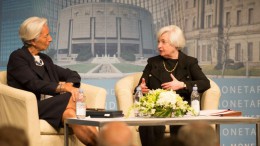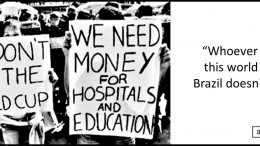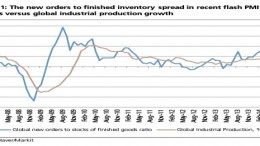Yellen: Financial stability risks don’t justify rate hikes at this moment
MADRID | By Jaime Santisteban | Monetary policy has “major limitations” and regulation should play the lead role in combating excessive financial risk-taking,” said Fed’s chairwoman Janet Yellen on Wednesday at an event sponsored by the IMF.







